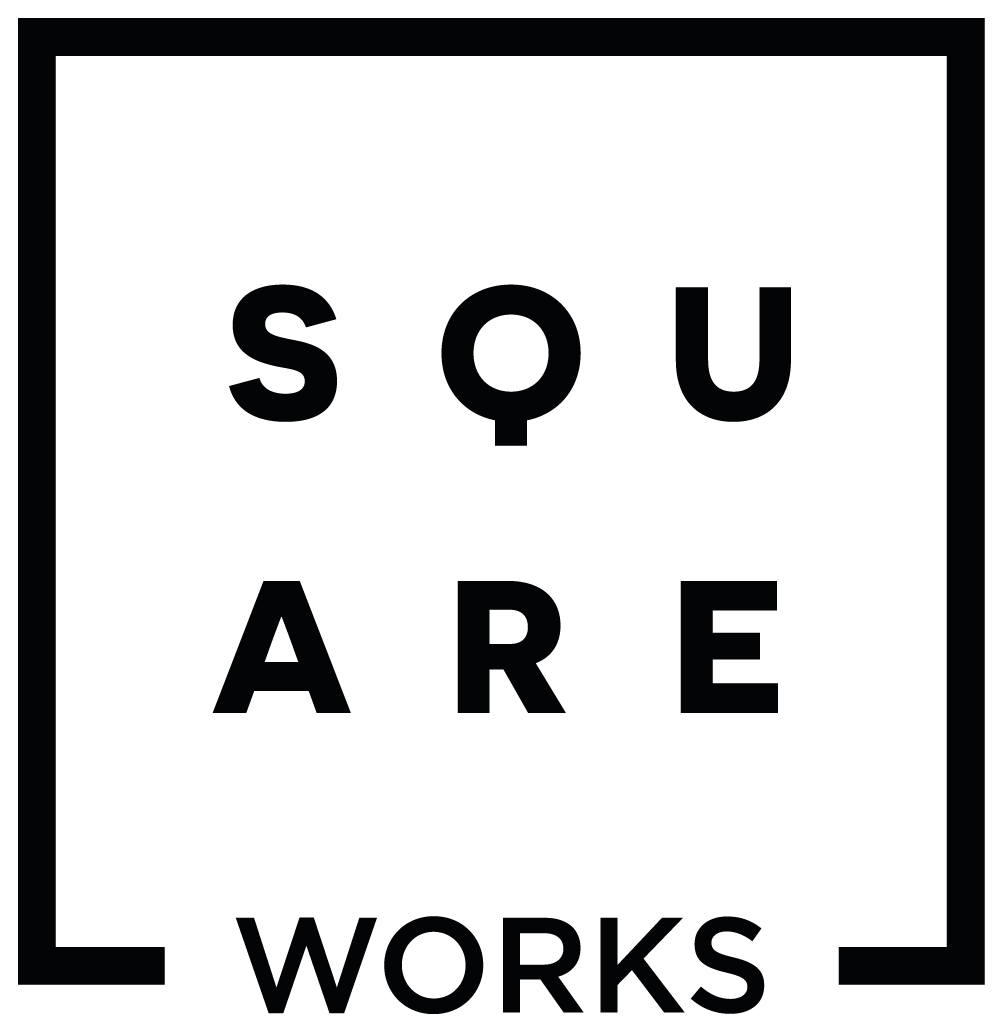Here at Square Works, we know how important a work-life balance is. What’s the point in having such a fantastic events calendar if you can’t take the time to enjoy it?
Project management software offers platforms and tools to help businesses plan and manage their workload. From specific projects to centralising files and data all in one place, they can make your work more efficient in just a few simple steps.
We're sharing our favourite project management tools to help you maximise your productivity and elevate your business
Trello
Essentially a snazzy collection of to-do lists, Trello suits businesses of all sizes. It’s easy to assign tasks, move them through processes and is great for planning and managing projects. Plus, you can also link your Trello boards to other apps you use, including Slack, Google Drive, Evernote, Dropbox and more.
Its free version gives the option of up to 10 boards for unlimited members, making it a great option for smaller teams. The different paid packages range from £4 per user per month, giving additional access to unlimited boards, unlimited storage and custom fields.
There’s also a Premium version for £8.11 per user per month, which offers priority support and extra administration and security features. For larger enterprises, Trello’s pricing depends on team size.
What do we love about it?
It’s great for to-do lists and keeping a visible tally of tasks completed day-to-day.
Find out more here.
Monday.com
Chances are if you’ve been on YouTube in the last three years, you’ve been inundated with adverts for this particular brand. Like other platforms, Monday lets users manage work using a visual board where projects and tasks can be grouped and assigned. What’s great about Monday is that it allows users to customise column types, create updates and leave comments. It’s also possible to view work and projects using the calendar view. This platform also makes it easy to share files, images, updates and feedback as work is managed and completed.
There is a free version, but it’s only available for teams of two users. Their packages range from £7 per month billed annually to £14 per month. For larger organisations, there are also bespoke plans available.
What do we love about it?
We like how easy it is to share files and feedback across the platform.
Find out more here.
Asana
Asana lets customers track, manage and connect projects across any team—and even multiple teams. One feature is that it allows users to create a workflow process that lets you assign each step to various members. Users can build project plans, communicate with members, create goals and milestones and streamline processes to save time and stress. Because work can be assigned to team members and overseen in real time, Asana also helps business owners make sure their workers are staying on task and completing projects in a timely manner.
Free plans are available for teams of 15 members or fewer. Paid plans start from £9.49 per month, per user (billed annually) and business plans start at £20.99 per month, per user (billed annually).
Find out more here.
What do we love about it?
We love how it allows all members to easily check the progress of any given task in real-time, cutting down on email ping-pong.
Wrike
Wrike is a big player, used by many global tech companies. It allows users to create custom workflows, set timelines with interactive charts and reporting, and build a visual representation that shows where you are in every project in real-time. Users can use it to assign tasks and easily build and edit reports, all of which can ensure projects move forward on the anticipated timeline.
Its free version supports unlimited users – but without features such as calendars, dashboards and real-time reports. Professional plans cost around £8 per user per month and business plans around £20 per user per month.
What do we love about it?
We really like the reporting capabilities which help keep larger, more complex projects on track. Wrike also stands out due to the free version it offers, which can support unlimited users.
Find out more here.
Jira
The key to Jira is “agile team management”. It’s project-tracking software that helps teams manage, develop, plan and track various processes. It can be used to distribute tasks to team members, and you can communicate effectively within the platform itself. Real-time, visual data can also help you assess where your team is at with any project, and you can integrate with an array of apps in the Atlassian Marketplace, including ones that let you track employee time or create customized fields and gadgets.
A free version of Jira is available for teams with up to 10 users. Standard plans for up to 35,000 users start at £6.28 per user, per month, and premium plans for up to 35,000 users are £12.36 per user, per month. Customised plans for large enterprises are also available.
What do we love about it?
The functionality of being able to communicate within the platform is great for agile teams with a range of different members from different teams.
Find out more here.
If you're ready to streamline your working day, be sure to try one of these platforms. For an even better work environment, try Bristol's best flexible workspace, Square Works.









